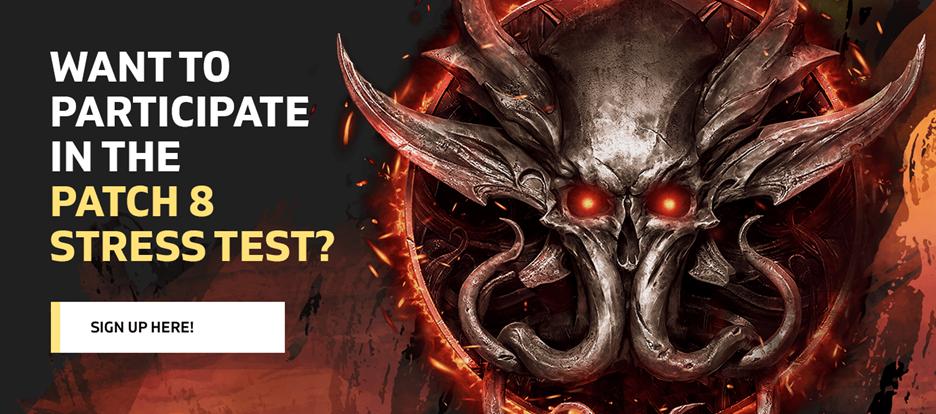Twenty-one months since Microsoft’s Activision Blizzard deal was announced, the $68.7 million merger is complete. It’s a new era for both Activision Blizzard and Microsoft as the ink dries on the video game industry’s largest acquisition, which puts Microsoft and its Xbox brand in a vital position moving forward. Change is expected at both companies, starting at the top: Activision Blizzard CEO Bobby Kotick is expected to exit the company after a transition that’ll keep him on “through the end of 2023,” according to Xbox boss Phil Spencer.
Both Spencer and Kotick emailed staff Friday morning to share the news of the completed acquisition. Spencer said in that email, published by Microsoft, that Kotick will report directly to him “to ensure a smooth and seamless integration.” An Activision Blizzard representative declined to confirm to Polygon an exact date for Kotick’s resignation; it’s unclear whether he’ll immediately exit come 2024. Spencer said Microsoft will share more on Microsoft’s “new organizational structure” over the coming months.
Ahead of the deal’s finalization, Kotick spoke to staff in an all-hands meeting — hosted by former late night host James Corden — to discuss the future of Activision Blizzard. There, he discussed the future of gaming, which he apparently believes will include controlling games with brain implants like Elon Musk’s Neuralink. Corden and Kotick also spoke on the company’s “magic” culture.
Kotick’s future at Activision Blizzard has been of internal and public interest since a California Civil Rights Department investigation into the company led to a major lawsuit, allegedly a culture of widespread sexual harassment and discrimination. A Wall Street Journal report published in 2021 alleged that Kotick was informed about employee misconduct, including an alleged rape, and minimized the severity to Activision Blizzard employees and board of directors. Following the Journal’s report, hundreds of Activision Blizzard workers walked out of work to call for Kotick’s resignation. It was the second time Activision Blizzard employees walked out of work in protest of leadership response to the allegations of discrimination and sexual harassment.
Kotick has led Activision since 1991 and has spent 32 years in that position. In 2006, Activision merged with Vivendi’s gaming department, bringing Blizzard under the Activision umbrella — that’s when the company formally became Activision Blizzard. Activision Blizzard’s acquisition of mobile giant King was finalized in 2016, adding a successful mobile game business to the company’s portfolio. King itself, alongside the sheer number of games offered by Activision Blizzard, is especially important to Microsoft as it looks to push into the mobile gaming market.
The Activision Blizzard CEO has long-been one of the highest paid CEO’s in the United States. Once he leaves Activision Blizzard, Kotick is expected to receive a massive “golden parachute,” at least $15 million, according to financial documents. That’s seemingly without considering Kotick’s millions of shares in Activision Blizzard. Other top executives will receive between $2.6 million and $4.1 million.
Even before the California Civil Rights Department’s sexual harassment and discrimination lawsuit, Kotick was a controversial figure at the gaming company.
The CEO notoriously said during a presentation at the Deutsche Bank Securities Technology Conference in San Francisco in 2010 that he brought in, years prior, packaged goods executives to “take all the fun out of making video games,” noting that Activision Blizzard succeeded in “instill[ing] the culture, the skepticism and pessimism and fear that you should have in an economy like today.” In 2019, Activision Blizzard and Kotick came under fire for announcing widespread layoffs — 800 jobs cut — despite boasting its “record-setting” revenue in 2018. “While our financial results for 2018 were the best in our history, we didn’t realize our full potential,” Kotick said at the time.






